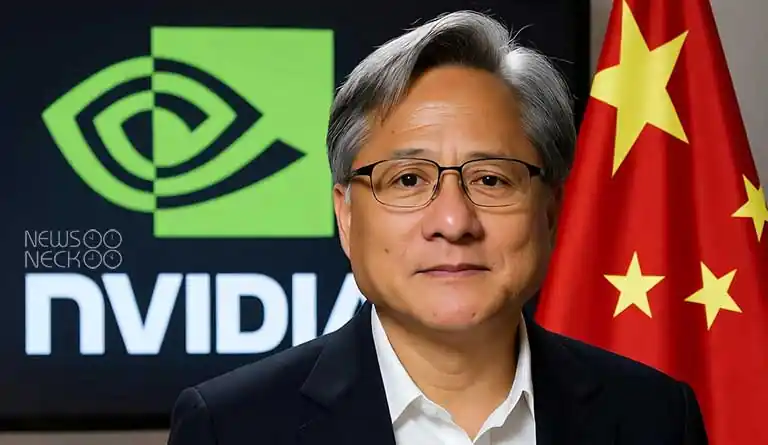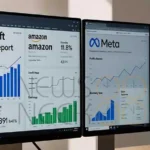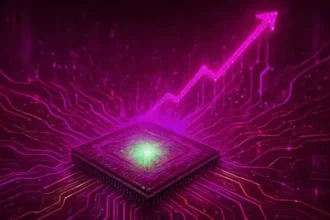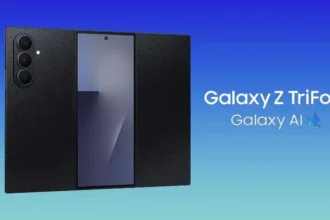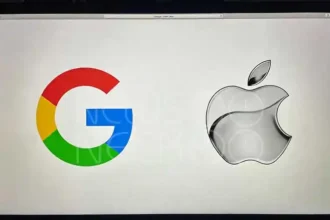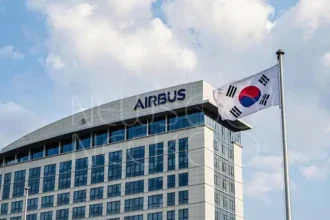Jensen Huang’s Bold China Bet: Why the Nvidia CEO Isn’t Worried
The technological cold war between the United States and China has a central front: the tiny, powerful computer chips that fuel artificial intelligence. And at the very center of it all stands Jensen Huang, the charismatic leader of Nvidia, the company whose chips are the gold standard for AI. While his own government restricts the sale of his most advanced technology to Beijing, Huang is making a surprising argument: everyone should just calm down.
In recent comments that challenge the prevailing wisdom in Washington, Huang downplayed the national security risks of selling AI chips to China. He presented a vision not of conflict, but of necessary collaboration, suggesting that cutting off China is not only futile but against America’s own best interests.
A “Vital” Market Nobody Can Replace
Speaking with reporters in South Korea, Huang made his position clear. He described the Chinese market as “a singular, vital, important, dynamic market” that cannot be replaced. His message to policymakers is simple: cooperation is a two-way street that benefits both superpowers.
Huang emphasized, “It benefits America to engage with the Chinese market, and it benefits China to welcome American technology companies that bring innovation there. I believe, in the end, policymakers will recognize this mutual advantage.”
These comments come amid strict U.S. export rules. These rules stop Chinese companies from buying the most advanced semiconductors, like Nvidia’s, fearing they could be used to modernize China’s military and accelerate its AI capabilities. The goal is to slow down China’s progress in these critical areas.
You Might Like it: Global Market News: Tech Triumphs, Fed Moves & Trump–Xi Pact
Turning the National Security Argument on Its Head
But Huang believes this concern is missing a key point. He suggests that China’s own actions prove it doesn’t need to rely on American chips for its most sensitive operations.
“China already produces a large number of its own AI chips,” Huang said, “and its military certainly has full access to those domestically made chips.”
He pointed to the fact that China itself has blocked the sale of one of Nvidia’s less powerful chips, the H20, within its borders. For Huang, this sends a clear message. “In many ways, China is essentially saying, ‘look, we already possess a strong foundation in AI technology ourselves,’” he explained. By this logic, the national security worry is less urgent because China is already choosing to rely on its own technology where it matters most.
A Warning: “It is Foolish to Underestimate Huawei“
Perhaps his most striking comments were a nod to a formidable Chinese competitor: the telecom giant Huawei. The U.S. has banned Huawei products over spying fears, but Huang speaks of the company with deep respect.
While confidently stating that Nvidia is “miles ahead” in the chip race, he issued a stark warning. “It would be unwise to underestimate China’s strength and the remarkable competitive drive of Huawei,” he said.
He praised Huawei as a company with “extraordinary technology” that dominates global 5G and builds amazing smartphones and chips. When Huawei recently announced its own powerful AI computing system, Huang said he “was not surprised.” This respect, he claims, is what drives Nvidia to innovate so rapidly.
“It’s completely misguided to believe that Huawei isn’t capable of developing advanced systems,” Huang remarked. “We take our competition seriously that’s what drives our speed and pushes us to keep innovating, so we can reach the future ahead of everyone else.”
Huang’s comments paint a picture of a world where technological walls are difficult to build and even harder to maintain. In his view, the future will be shaped not by isolation, but by the relentless pace of innovation a race he intends for Nvidia to win, with or without the Chinese market.
Author: Yasir Khan
Date: 31 Oct, 2025
For More Updates, Visit Newsneck


